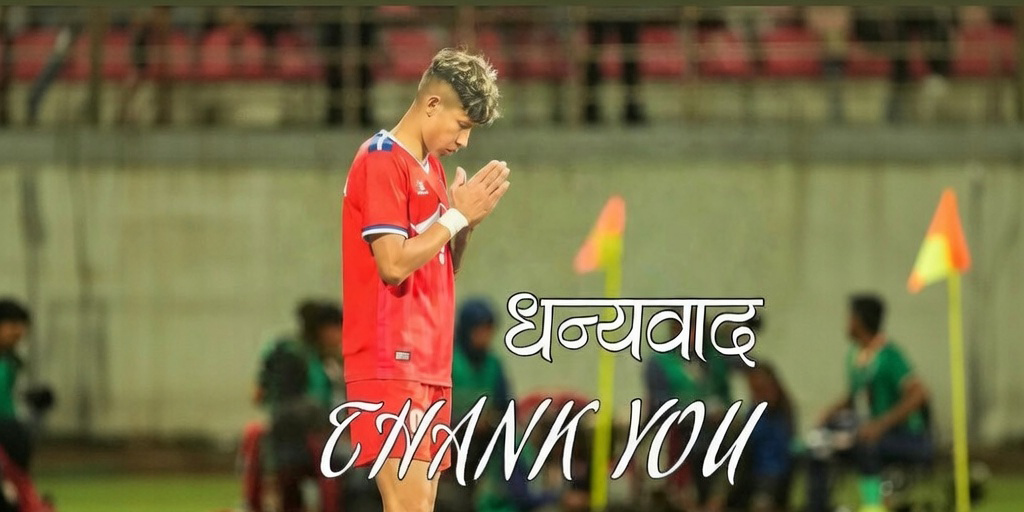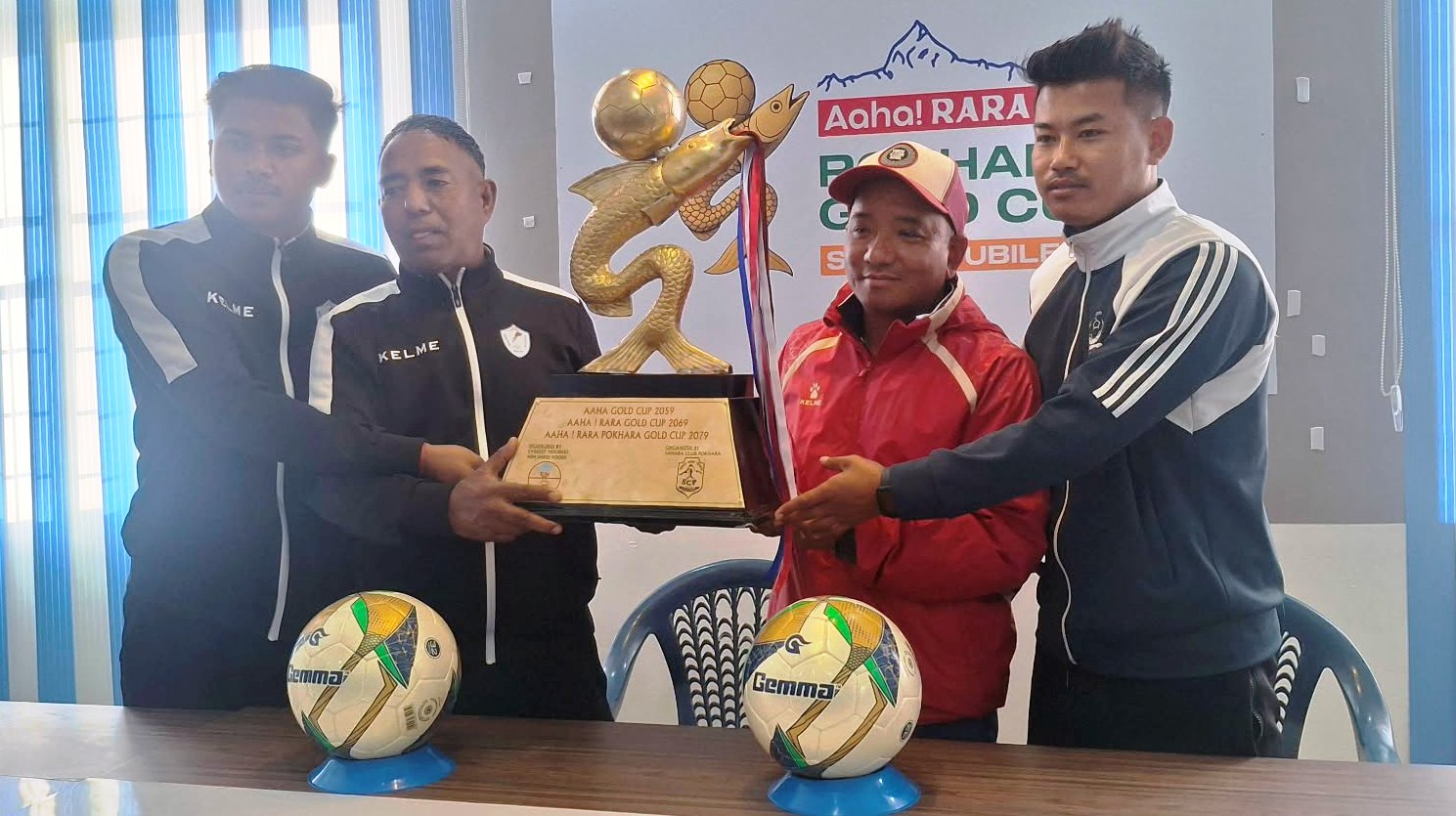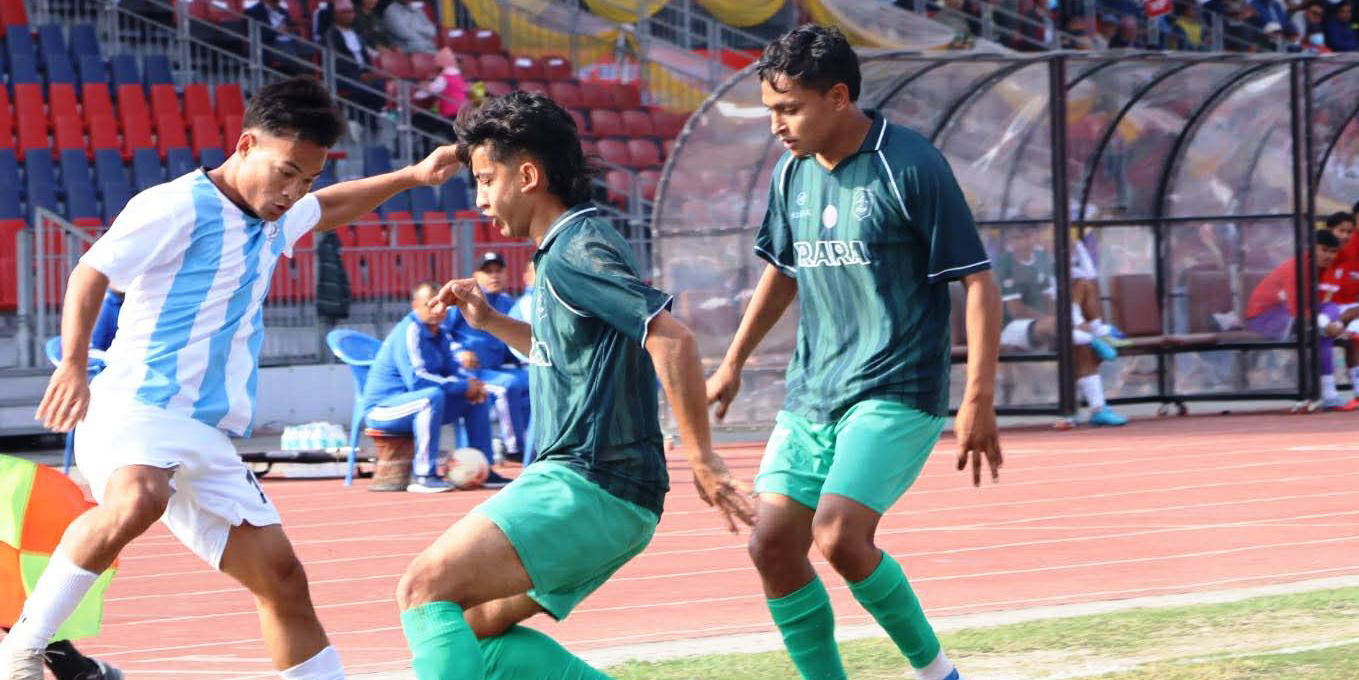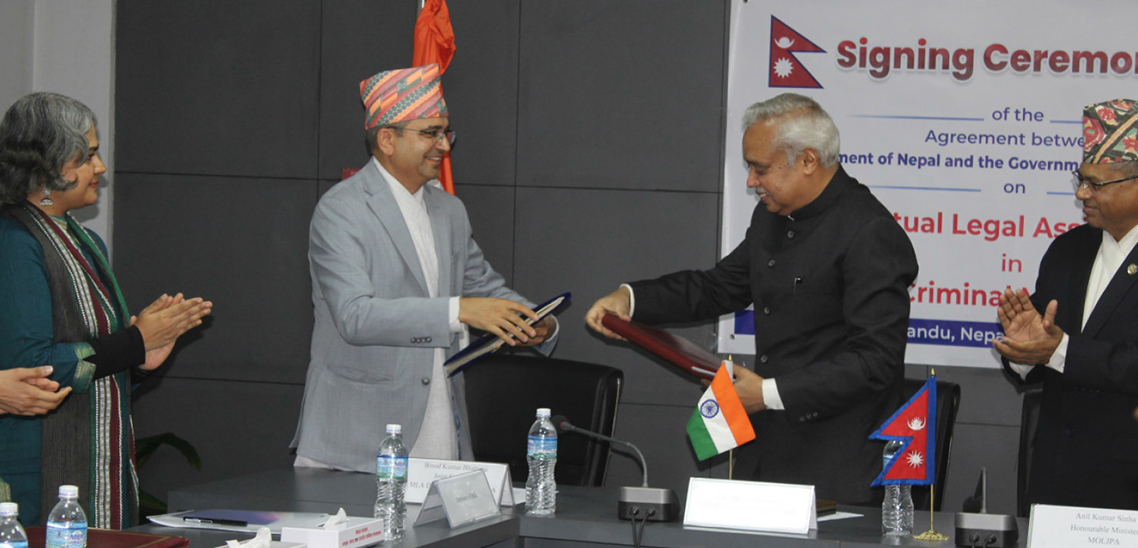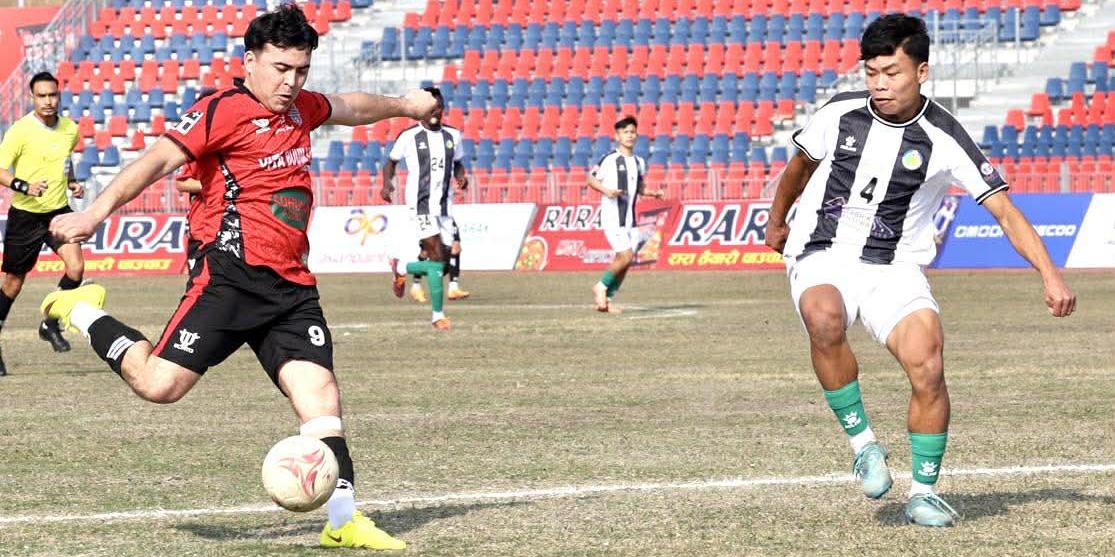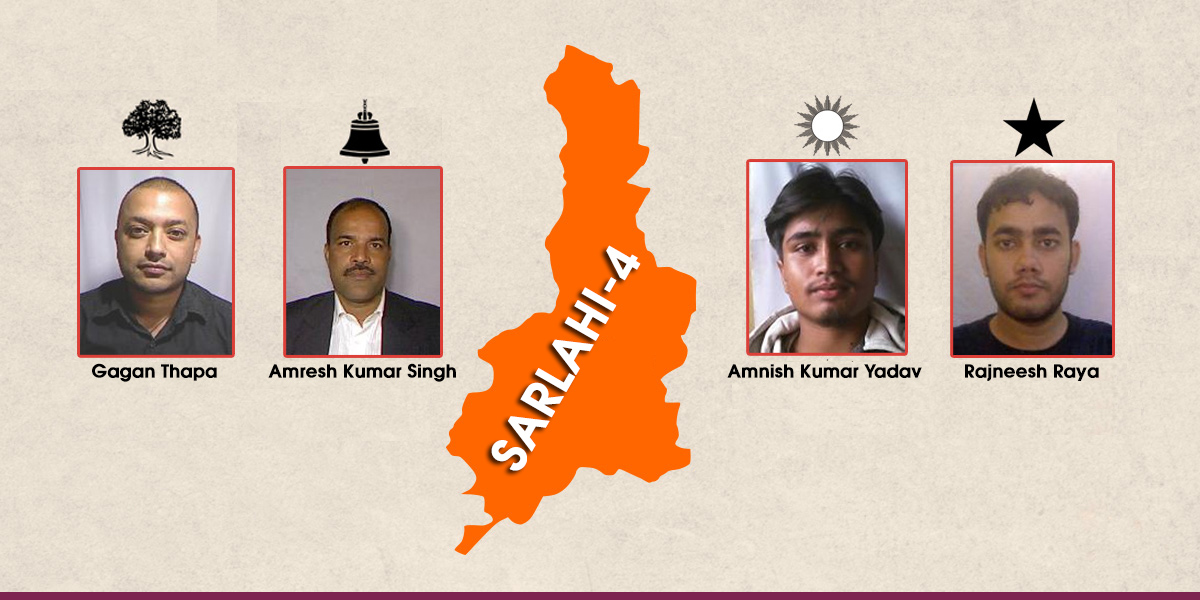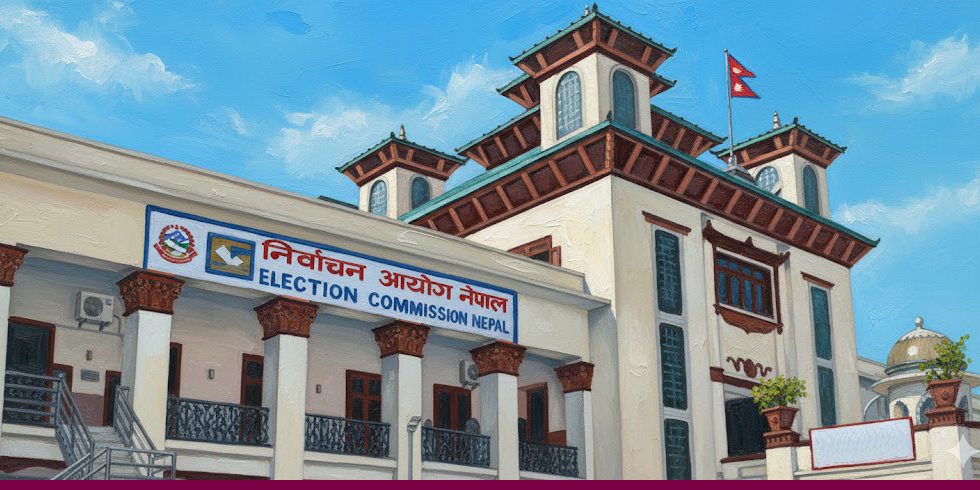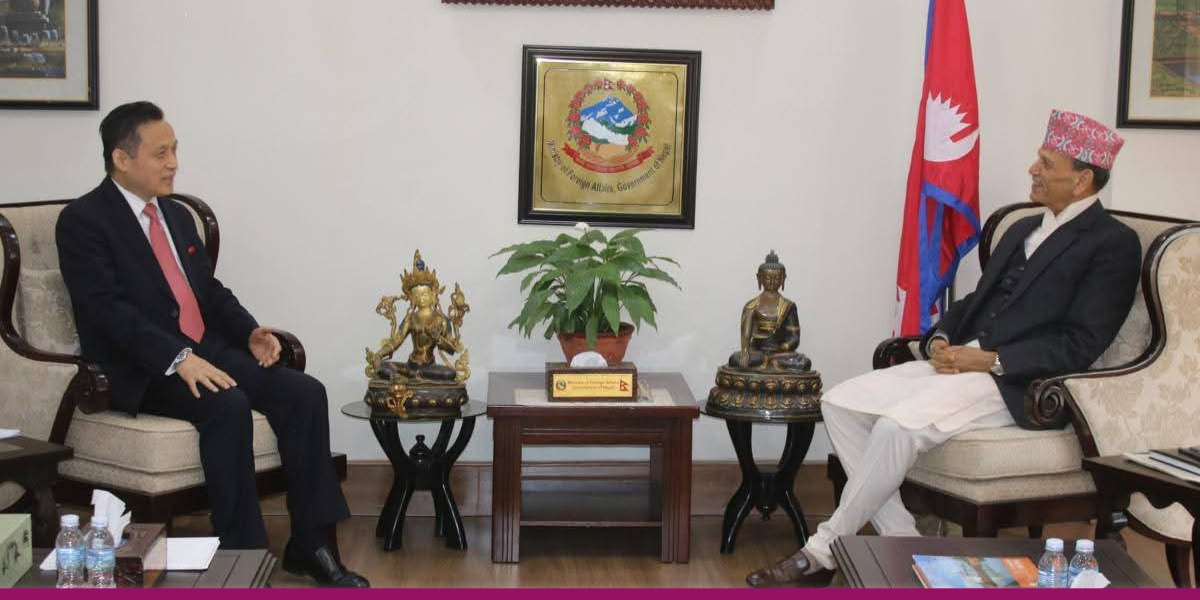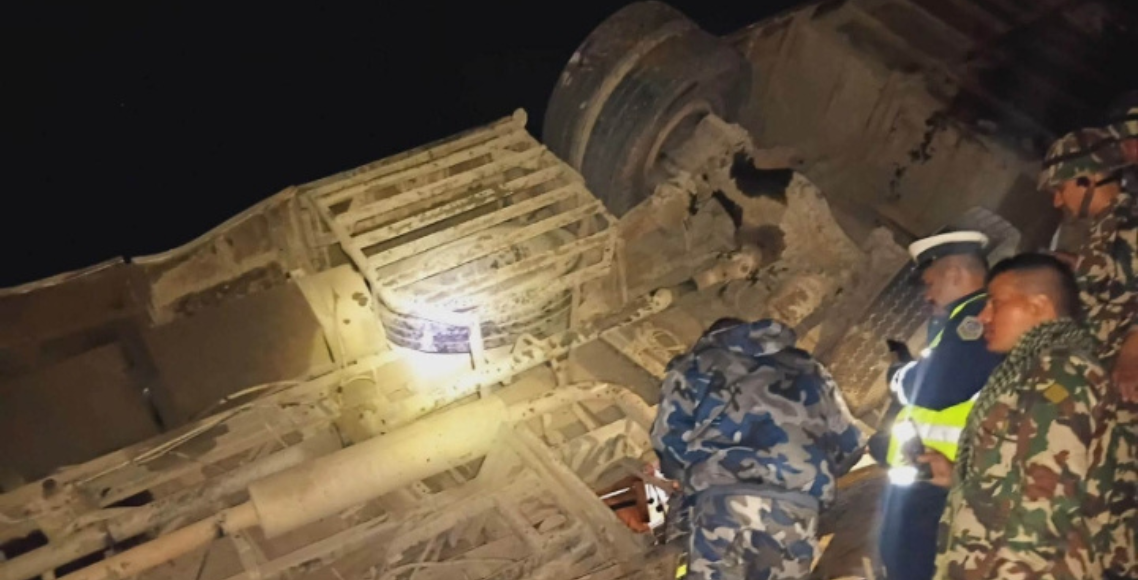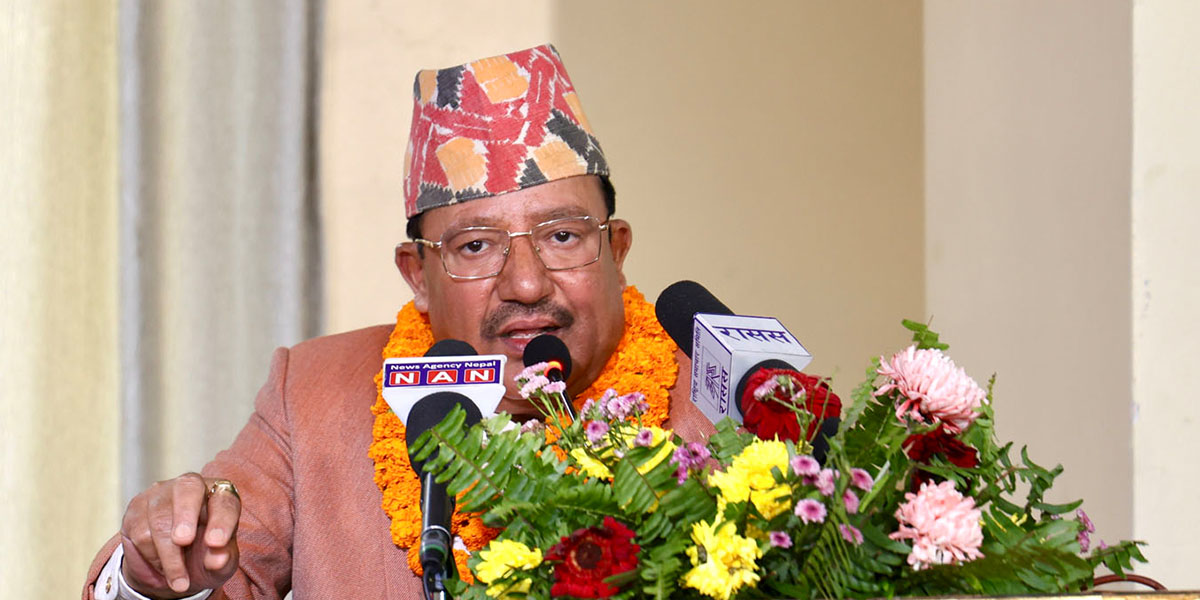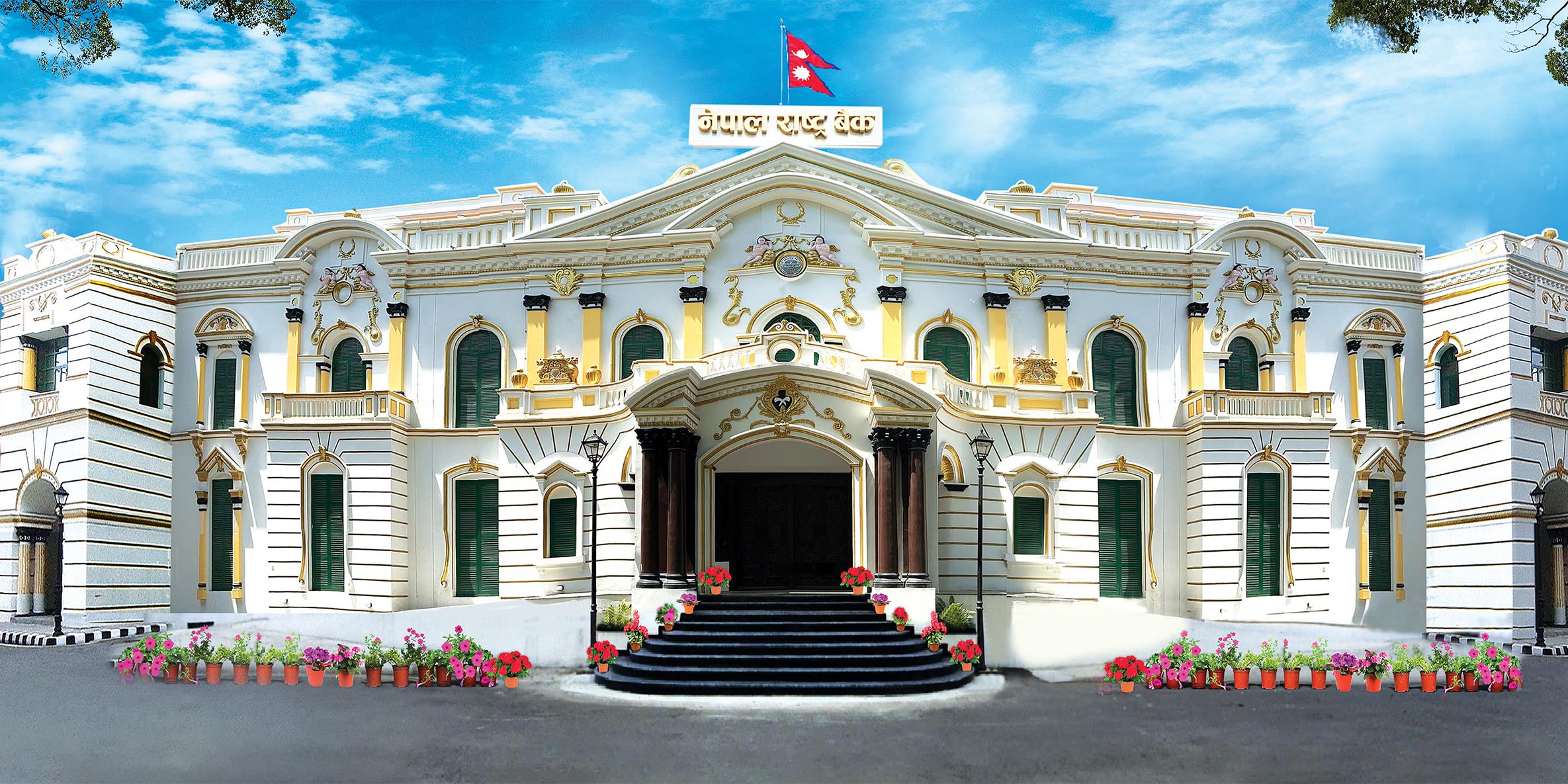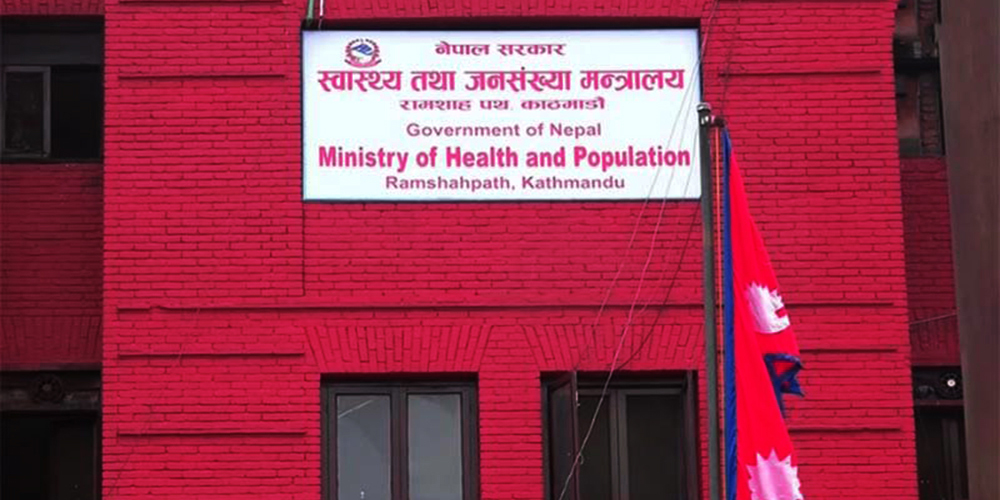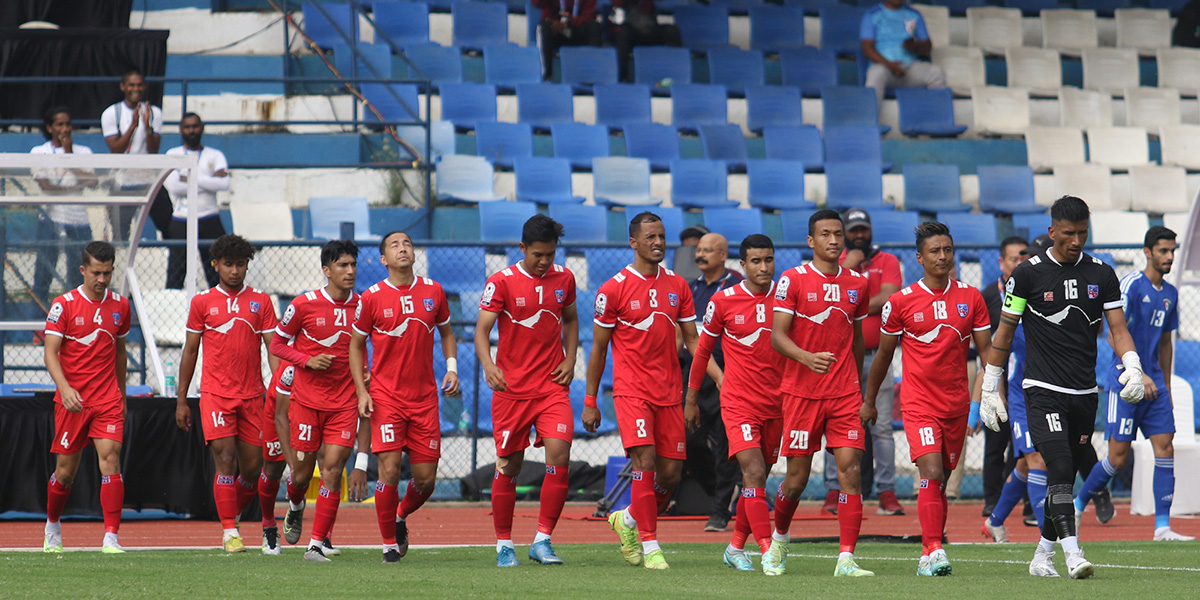 File Photo
File Photo
KATHMANDU: “We cannot consider ourselves as title contenders this time,” said Kiran Kumar Limbu, the national team captain, as Nepal departed for its friendly match against the Philippines and the SAFF Championship. Why did Nepal, which considered itself title contenders in all past editions, lack confidence this time? There are several factors contributing to this situation. The primary reason is the absence of experienced players. Additionally, the appointment of a new head coach and insufficient time for preparation are the other factors.
This is true as a significant number of players from the Nepali team, specifically 14 out of 23 players, are participating in the SAFF Championship for the first time. During the match against Kuwait, four players in the starting eleven were making their debut in the SAFF Championship. Additionally, three out of the four substitutes who came on the field in the second half had not previously played in the SAFF Championship.
After several national team regulars and established players in the national league left for abroad, Nepal assembled a new team. The new team experienced a defeat in Nepal’s first game of the SAFF Championship. Kuwait, participating in the South Asian tournament as an invited team for the first time, dominated Nepal in the first half. However, Nepal fought back in the second half, and scored a goal to reduce the final scoreline to 3-1 in Kuwait’s favor.
After suffering a comprehensive defeat against the pacy Kuwaiti side, Nepal’s head coach Vincenzo Alberto Annesse said Nepali players appeared apprehensive during the first half and struggled to perform. However, he acknowledged an improvement in their performance in the second half. Annesse said that the upcoming match against India holds great significance for Nepal, almost akin to a final.
While Nepal considers India as its main opponent in South Asia, India doesn’t share the same perspective. India has been dominant against Nepal, winning 16 out of their 23 encounters.
Annesse’s assessment reflects the crucial nature of the clash with India. If Nepal loses this match, its chances of progressing to the semifinals would be greatly diminished. However, if it manages to secure at least a draw, it would keep alive the possibility of advancing to the last four.
Nepal is in a difficult group in the SAFF Championship. Along with formidable opponent India, the group has Kuwait, and Pakistan, which have several players playing in foreign leagues. The loss against Kuwait has placed Nepal in a do-or-die situation.
While Nepal considers India as its main opponent in South Asia, India doesn’t share the same perspective. India has been dominant against Nepal, winning 16 out of their 23 encounters. The two teams have only met once in a title-deciding match, where India convincingly defeated Nepal to claim the previous edition of the SAFF Championship held in Male.
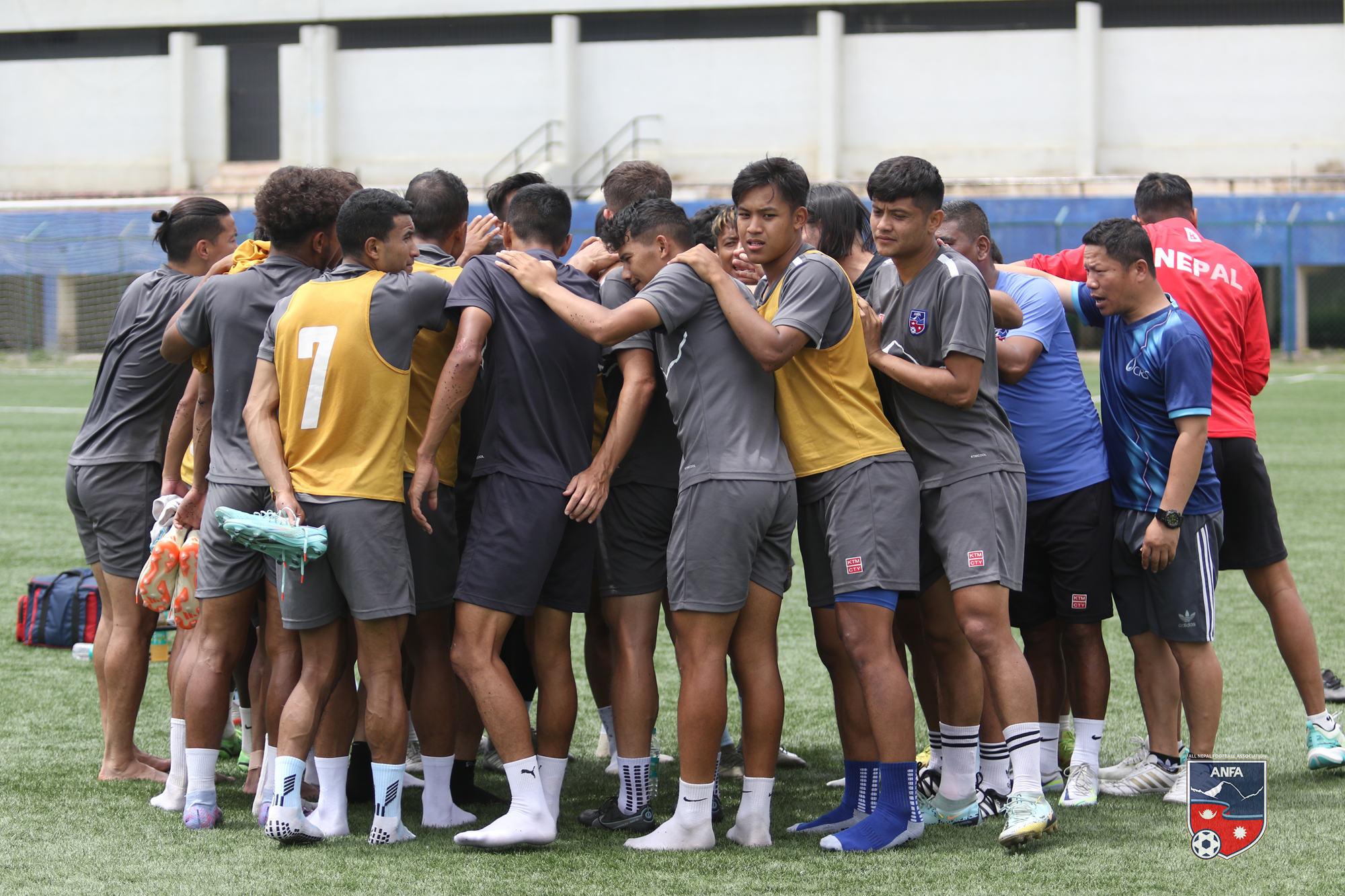
Having kept a clean sheet in its last seven matches, which a record in itself, India is in a fine rhythm. It also secured victories against higher-ranked opponents such as Kyrgyzstan and Lebanon. Indian fans believe that the team is playing an attractive style of football under the guidance of coach Igor Stimac. It is possibly the best time to become an Indian fan. Captain Sunil Chhetri has been scoring consistently. Additionally, the new team at the helm of the All Indian Football Association has big plans for the national side. It has already brought significant improvements in the domestic football structure. Naturally, fans are excited. Around 23,000 fans were at the Kanteerava Stadium to watch the India-Pakistan match.
But the situation in Nepal is exactly the opposite. This atmosphere is certain to weigh on Nepali players when they take on India on Saturday evening. As the head coach, Annesse has the responsibility of removing this burden from his players. One advantage that Nepal currently possesses is Annesse’s familiarity with the Indian team, as he has previous experience working closely with the Indian coach and players. Annesse’s time in Indian football, where he achieved success by winning the I-League twice with Gokulam Kerala FC, holds significance. Gokulam Kerala FC remained undefeated in one season under Annesse. Indian supporters haven’t forgotten Annesse’s accomplishments. Likewise, Indian coach Igor Stimac is also aware of Annesse’s success, as well as the criticisms the latter voiced regarding the exclusion of I-League players from the national team during his time in India.
Annesse accepted the position with the Nepali national team in order to enhance his managerial profile. However, due to the ongoing league in Nepal, he had limited time for preparation. He only had two practice sessions in Nepal, one in the Philippines, and a few sessions in India to prepare his team. Despite these challenges, Annesse has not complained and has taken on the task with determination.
In the match against the Philippines, Annesse adopted a defensive approach. Nepal conceded easy goals in the match. Had Pujan Uparkoti successfully cleared the ball in the penalty box, the match could have ended in a draw.
Annesse took the same approach against Kuwait. Nepal’s defensive errors in the match were glaring and difficult to overlook. The players failed to effectively mark opposition players in dead-ball situations, and, as a result, conceded goals from set-pieces and transitions.
On the other hand, India has been in impressive scoring form, netting nine goals in their last five matches. Captain Sunil Chhetri showcased his prowess by scoring a hat-trick in the recent match against Pakistan. Chhetri has a track record of performing well against Nepal, having scored eight goals in 12 matches. He will be determined to maintain his momentum in the match on Saturday evening. Additionally, India’s forward line, consisting of speedy players like Anirudh Thapa, Sahal Samad, and Lallianzuala Chhangte, will provide support to Chhetri in the attacking department.
Nepali forwards such as Anjan Bista, Manish Dangi, Ayush Ghalan, and Navyug Shrestha may be physically weaker than Indian defenders, but their pace can compensate for that disadvantage.
While Annesse has said that Nepal will take an aggressive approach against India, it is possible that he may opt for a defensive strategy to counter the Indian players. Nepal will likely focus on hurting India through counter-attacks when they take the field in Bangalore. The success of this strategy will depend on whether Nepal can execute its plan effectively, utilizing its speedy forwards.
Nepali forwards such as Anjan Bista, Manish Dangi, Ayush Ghalan, and Navyug Shrestha may be physically weaker than Indian defenders, but their pace can compensate for that disadvantage. They demonstrated their ability to capitalize on opportunities and launch counter-attacks against Kuwait. For instance, a long ball from Ananta Tamang was headed by a Kuwaiti defender, and Anjan Bista quickly seized the opportunity, striking the ball confidently and finding the back of the net.
Anjan Bista has proven his ability to score when given a chance, displaying good control over aerial balls despite his height and fearlessly taking on dribbles. Manish Dangi and Ayush Ghalan possess similar capabilities. All three players have the potential to receive the ball from the wing and make penetrating runs into the opposition box. However, the critical question remains whether these players will receive enough of these well-timed passes. The performance of players like Laken Limbu, Eric Bist, and Pujan Uparkoti will determine whether they can provide the crucial “breakthrough” passes. Additionally, the success of the Nepalese defensive line in maintaining concentration and protecting their territory will be pivotal.


